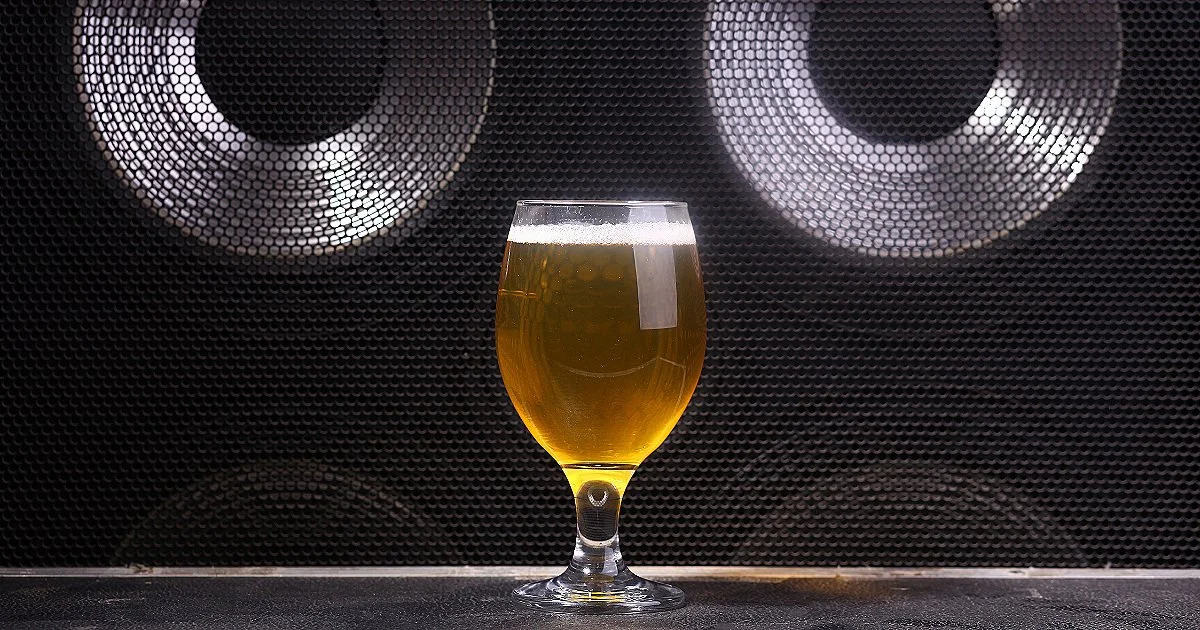Great Scott! The 1980s were a pivotal decade for movies, music, and beer. Iconic films like Back to the Future, directed by Chicago native Robert Zemeckis, were released and etched into our American pop culture. Bands like Cheap Trick produced the tunes that keep us rockin’ today. And in beer, the infamous Class of ’88, which included Chicago’s very own Goose Island Beer Company, set the foundation for the future of craft beer in the United States.
It’s the official kickoff to the 7th annual Beer Culture Summit and we invite you to gather with us at Piece Pizzeria and Brewery for a night inspired by the 1980s. Guests can enjoy a few totally tubular things at Piece for the celebration:
Beer! Once upon a time Goose Island Beer Company brewers – Jim Cibak (Revolution Brewing), Matt Gallagher (Half Acre Beer Company/Suncatcher Brewing), and Wil Turner (Hailstorm Brewing Company) – come together for a Goose super group reunion. The foursome united for this unique occasion to make a special brew with Piece head brewer, Keil Weimer.
Beer Icons! Goose Island Beer Company founder, John Hall, will be our guest of honor this evening. Come say hey to John!
Pizza! We know you’ll be hungry like the wolf so come enjoy a special pizza designed by Robert Zemeckis and family.
Movies! Some of your favorite 80s movies, including Back to the Future, will be screening on TVs in the tap room.
Music! Those beloved 1980s rock anthems, love ballads, and smooth tunes will be playing on the Piece airwaves throughout the night.
You! You make the party! Get into the groove and don your raddest 1980s attire. Those dressed for success will receive some special treats.
This event is free and no ticket is required, but we suggest you make a reservation (parties of 6+ only). A portion of the evening’s proceeds will benefit the Beer Culture Center.

















